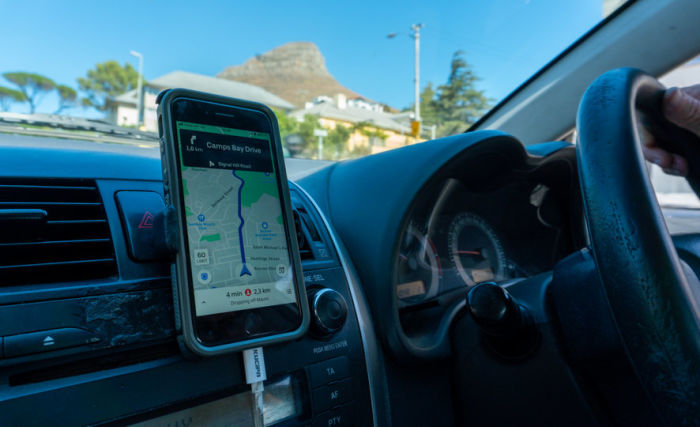Bolt Kenya, one of the most popular ride-hailing apps in the East African country, has denied having buyout discussions with Little App, a Kenyan competitor, after a report by Kenyan publication Business Daily, claimed both companies were in talks. The publication said that Bolt and Little App’s talks only ended after the National Transport Authority of Kenya (NTSA) renewed Bolt’s annual operating licence.
“Bolt has not engaged in any discussions regarding a potential buyout, as we are not available for acquisition,” Bolt Kenya told TechCabal in an email. “We appreciate the interest expressed by one of our competitors in our company; however, we remain steadfast in our commitment to operate within the market under the Bolt brand.”
Little App’s CEO, Kamal Budhabhatti, who heads the app’s parent company Craft Silicon, said they had sent Bolt a letter proposing a “possible collaboration.” “Bolt had gotten some challenge in getting the licence from the Kenyan transport authority,” he said. “Such mergers and acquisitions have happened in other parts of the world like Southeast Asia between Uber and Grab.” Kamal further clarified that the letter aimed to open the door for discussions. Little stopped collaboration attempts after Bolt got its licence.
In the last couple of weeks, Bolt’s licence renewal exercise was halted by NTSA following multiple assault complaints from customers and riders. The NTSA asked the company to provide a plan to address the concerns. The ride-hailing platform then dropped the controversial and “illegal” booking fee and said it had opened a local office in Nairobi to address driver partner grievances.
Little App, which operates in Kenya, Uganda, Tanzania, Ethiopia, and Ghana, says it bootstrapped itself to profitability and had a valuation of about $80 million in 2022. It plans to expand to two other African markets in 2024. In August 2022, Little App revealed plans to sell 25% of its stake to private investors in a move aimed at boosting its valuation to $100 million. The sale has since been dropped because, per the CEO, Little is profitable. Its current valuation is between $200-250 million.
On the other hand, in early 2022, Bolt raised $711 million in a new round of funding led by Sequoia Capital and Fidelity. This investment valued the company at about $8.4 billion, up from $4.8 billion five months earlier.






















